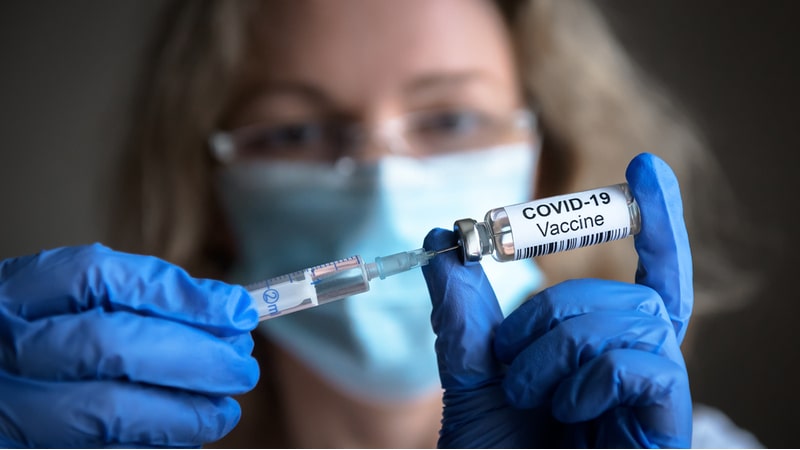
The White House’s Safer Federal Workforce Task Force released new guidance this week to align with Federal contractors’ delayed vaccine deadline.
Federal contractors are facing a deadline of January 4 to receive their final dose of the COVID-19 vaccine, with a deadline of January 18 to be fully vaccinated. The initial deadline for Federal contractors to be fully vaccinated was December 8.
With the deadline quickly approaching, the task force’s new guidance provides links to sample signage for covered contractor workplaces to post at their workplace entrances providing information on safety protocols.
The guidance also clarifies acceptable medical circumstances under which a contractor could delay their COVID-19 vaccination, such as those who currently have the COVID-19 virus, who received monoclonal antibodies or convalescent plasma treatment, or who are undergoing immunosuppressive therapies.

“In circumstances in which delay pursuant to these clinical considerations means that a covered contractor employee is not fully vaccinated as of the vaccination requirement implementation date of January 18, 2022 or at the time that covered contractor employees begin work on a covered contract or at a covered workplace, the covered contractor should require that individual to become fully vaccinated promptly after clinical considerations no longer recommend delay,” the guidance says.
If a contractor’s vaccination is delayed, they will need to follow masking and physical distancing protocols.
Additionally, the task force clarified that the guidance applies to all covered contractor employees and all contractor or subcontractor workplaces. It also notes covered contractors may have to comply with “additional agency workplace safety requirements” while at a Federal workplace.
The Office of Management and Budget (OMB) is set to publish a document on November 16 to the Federal Register, which outlines the government’s reasoning for the updated guidance and “rescinds and supersedes” the previous guidance published in September.
“The overall effect of enacting these protocols for Federal contractors and subcontractors will be to decrease the spread of COVID-19, which will in turn decrease worker absence, save labor costs on net, and thereby improve efficiency in Federal contracting,” OMB said.
